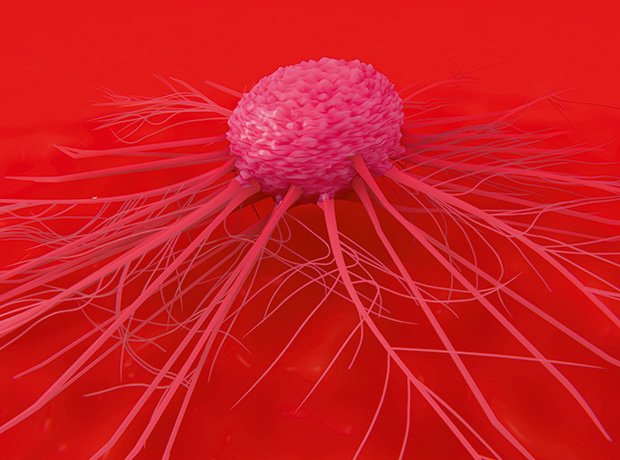iOnctura reveals roginolisib research results

Therapy prevents tumour proliferation while breaking immune tolerance among cancer patients
iOnctura – a company concentrating on breakthrough cancer therapies – has announced the publication of non-clinical research involving its roginolisib therapy.
The treatment is a first-in-class, non-ATP-competitive, allosteric modulator of PI3Kδ. It specifically prevents tumour proliferation while breaking immune tolerance among patients with solid and haematological tumours.
PI3Kδ inhibition in solid tumours has emerged as a novel method of treating cancer because of its potential in targeting several tumour survival pathways. Currently, first-generation PI3Kδ inhibitors are used to treat haematological tumours, but limited target selectivity and safety concerns have curtailed their use. Furthermore, safety issues are even more aggravated in patients with solid malignancies where rapid onset of toxicities have been witnessed.
In contrast, roginolisib has a sound toxicity profile with less than 5% Grade 3/4 toxicities at the biologically effective dosage. Pivotally, these toxicities were transient without the need for dose reductions.
The study, published in Cancer Research Communications, further established the conclusion that roginolisib inhibits regulatory T cell proliferation, while also having limited anti-proliferative effects on conventional CD4+ T cells and no effect on CD8+ T cells.
Research also demonstrated that roginolisib had immune-modulatory properties that can be utilised in solid tumours. In CT26 colorectal and certain lung cancer models, roginolisib sensitised tumours to anti-PD-1 treatments.
Catherine Pickering, Chief Executive Officer at iOnctura, was very encouraged by the results: “We are excited that our ground-breaking research has been published by Cancer Research Communications, highlighting the potential of our lead clinical programme, roginolisib, in both solid and haematological cancers.
She added: “We anticipate returning this key anti-tumour mechanism to physician’s tool-boxes for haematological cancers as well as offering new value for patients with solid tumours.”
Professor Francesco Bertoni, Head of the Lymphoma Genomics group at Institute of Oncology Research, added: “This research differentiates roginolisib from other PI3Kδ inhibitors and adds to the growing body of nonclinical and clinical evidence that modulation of PI3Kδ through an allosteric non-ATP competitive mechanism can be achieved safely and effectively.”
Source link
#iOnctura #reveals #roginolisib #research #results